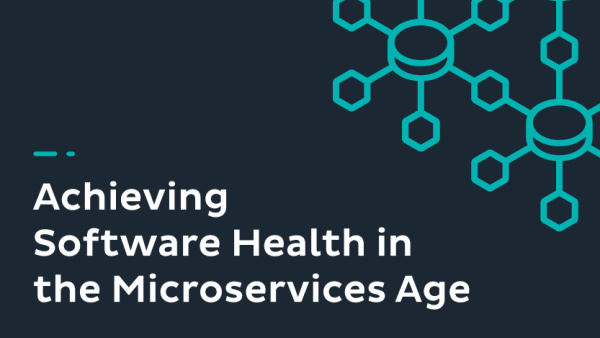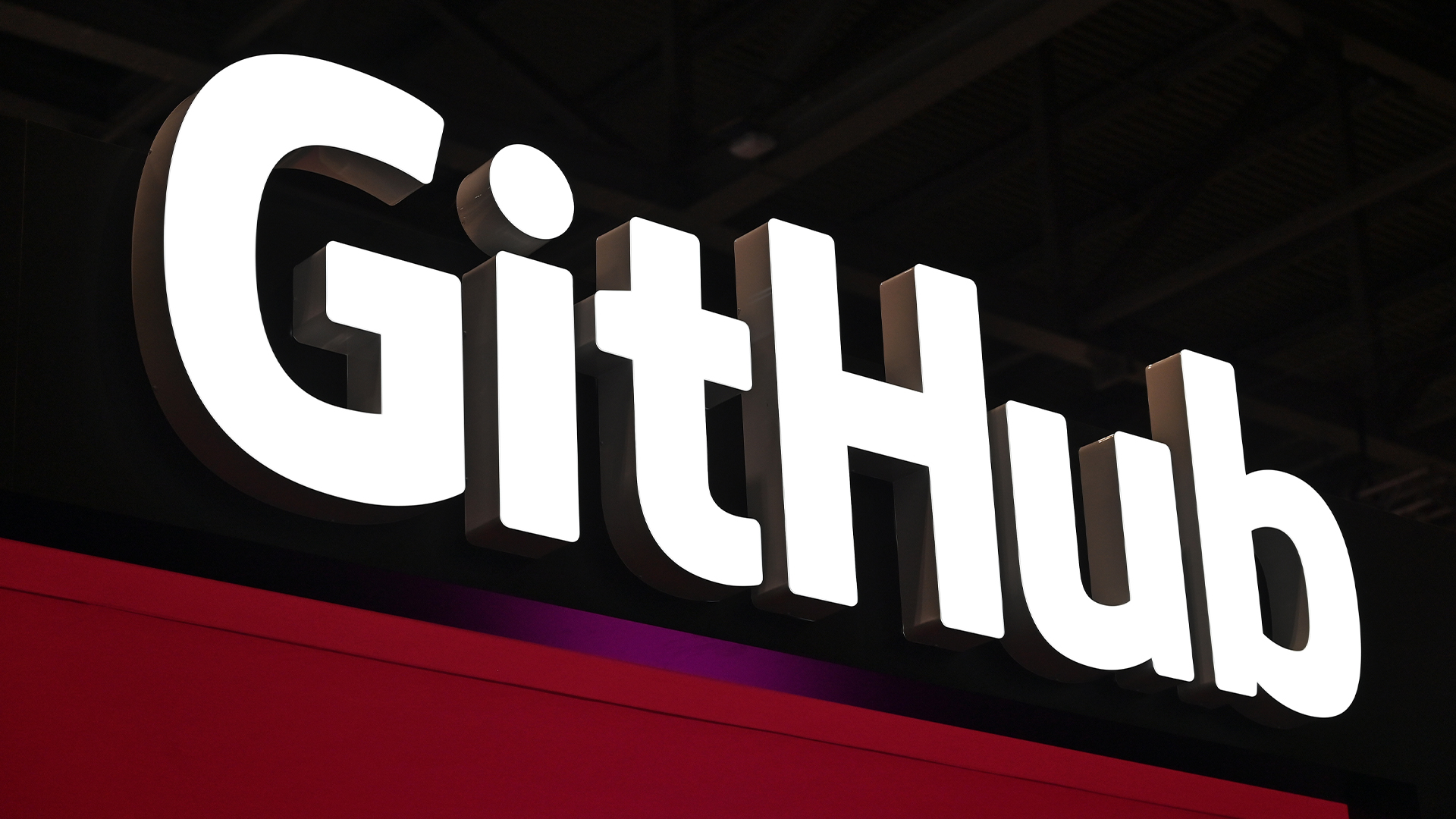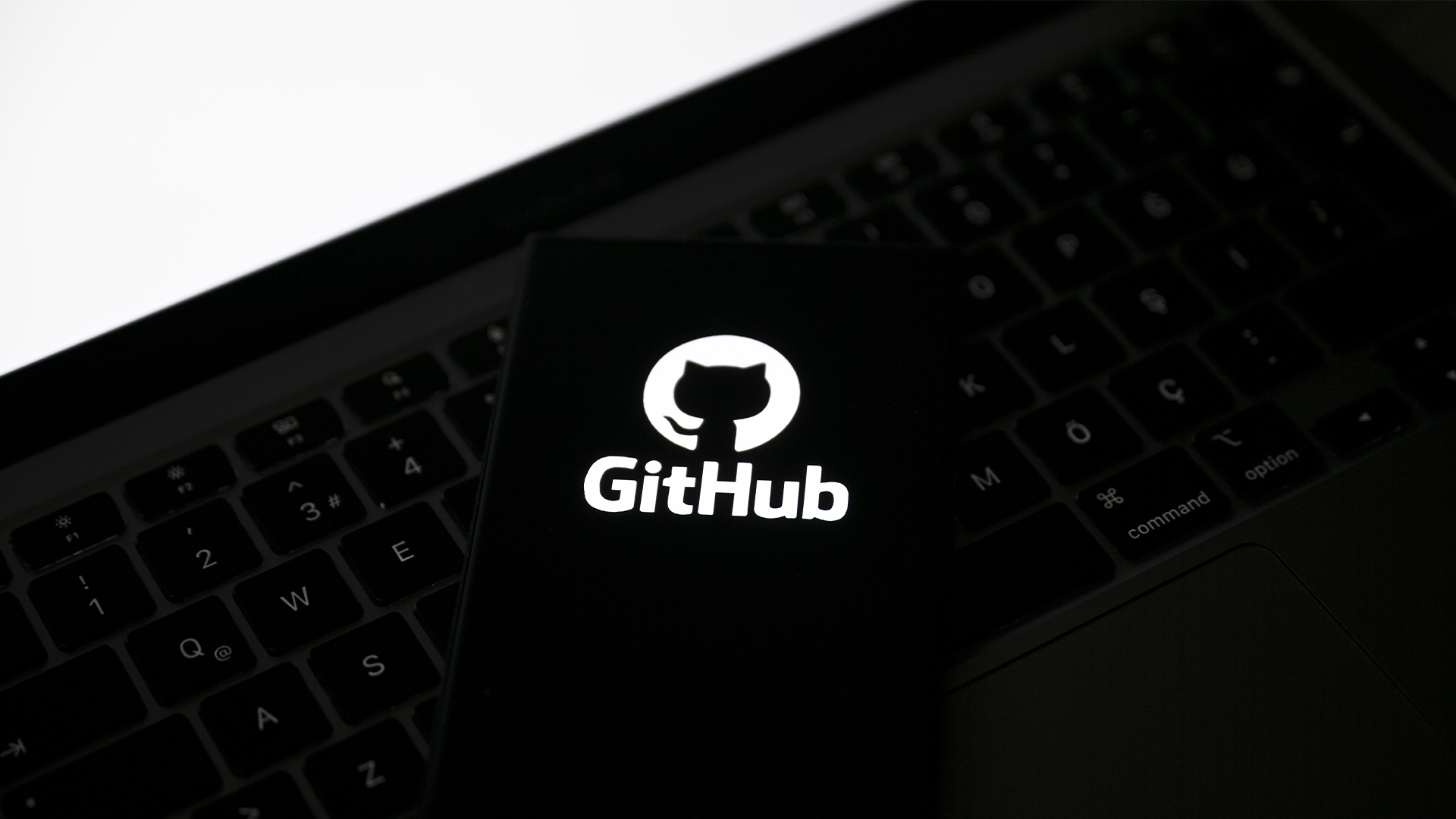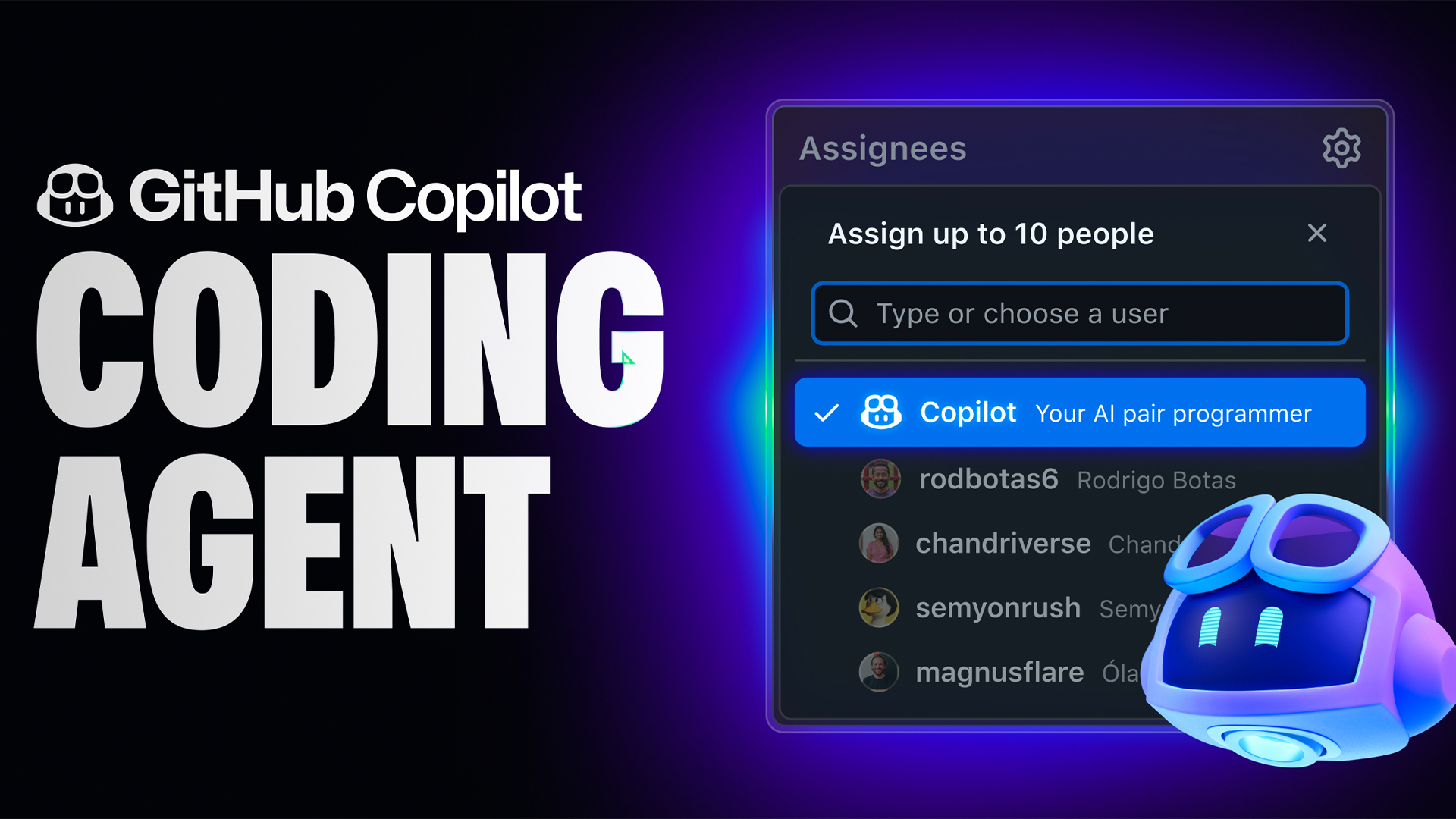Software development is faster with AI but industry ‘not totally transformed’
Developers think AI could help them collaborate with colleagues


Sign up today and you will receive a free copy of our Future Focus 2025 report - the leading guidance on AI, cybersecurity and other IT challenges as per 700+ senior executives
You are now subscribed
Your newsletter sign-up was successful
Despite bringing one of the most significant changes to the software industry in years, professionals say that code-writing generative AI tools are not substantially changing the software development lifecycle.
Nearly all developers (92%) have embraced AI code assistants in just a few years since their launch, but these tools haven’t overhauled operations within development teams, according to results from GitHub’s The developer wishlist survey.
The effect of products such as GitHub Copilot have led to greater efficiencies within existing workflows, such as continuous integration and continuous delivery (CI/CD), rather than changing them so drastically that entirely new workflows were required.
This has led to a quicker development process, spending less time writing code and freeing up developers’ time to work on devising solutions for more complex issues.
RELATED RESOURCE

Achieving software health in the microservices age
Tips and tricks for the new and emerging remediation methods
Developers stated that AI-based code generation tools helped improve the quality of their code, reduce incidents at a production level, and boost their overall code output.
The conclusions of the survey were informed by responses from 500 developers across the US in March 2023.
Approximately one-third of surveyed developers indicated that their managers attribute the volume of code they generated to their employee performance, with the same proportion indicating that they don’t expect this to change with the adoption of AI coding tools.
Sign up today and you will receive a free copy of our Future Focus 2025 report - the leading guidance on AI, cybersecurity and other IT challenges as per 700+ senior executives
Despite this, the majority of respondents said that their code quality (40%) and time taken to complete tasks (34%) are the primary metrics used to measure their performance. Both metrics are ones with which AI-based coding tools can help.
Over a third of those surveyed suggested that collaboration and communication should be a metric that employers use.
A majority of respondents (81%) stated that AI coding tools would improve the degree to which they collaborate with their colleagues, and AI tools were identified as useful for collaborative tasks such as code reviews and pair programming.
The prevalence and encouragement of collaborative tests and safety checks enabled by AI could calm fears that tools such as GitHub Copilot can lead to increased code vulnerabilities.
Apple has reportedly banned its employees from using code-generating tools such as GitHub Copilot, ChatGPT, or Bard over data usage concerns. But data suggests that these tools continue to be used in workplaces for the majority of the time.
Only 6% of developers exclusively use AI tools exclusively outside of work, and researchers stated that the number of employees who do not use AI at some point in their working week will continue to dwindle as time goes on.
A less-visible way in which developers indicated that AI tools improved their time spent working was by reducing burnout. 41% of those surveyed said that AI coding tools can help prevent burnout from taking place.
This followed a previous survey run by GitHub in 2022, in which 87% of surveyed developers stated that the AI code generation tool GitHub Copilot helped them to conserve focus and avoid mental strain.

Rory Bathgate is Features and Multimedia Editor at ITPro, overseeing all in-depth content and case studies. He can also be found co-hosting the ITPro Podcast with Jane McCallion, swapping a keyboard for a microphone to discuss the latest learnings with thought leaders from across the tech sector.
In his free time, Rory enjoys photography, video editing, and good science fiction. After graduating from the University of Kent with a BA in English and American Literature, Rory undertook an MA in Eighteenth-Century Studies at King’s College London. He joined ITPro in 2022 as a graduate, following four years in student journalism. You can contact Rory at rory.bathgate@futurenet.com or on LinkedIn.
-
 Anthropic promises ‘Opus-level’ reasoning with new Claude Sonnet 4.6 model
Anthropic promises ‘Opus-level’ reasoning with new Claude Sonnet 4.6 modelNews The latest addition to the Claude family is explicitly intended to power AI agents, with pricing and capabilities designed to attract enterprise attention
-
 Researchers call on password managers to beef up defenses
Researchers call on password managers to beef up defensesNews Analysts at ETH Zurich called for cryptographic standard improvements after a host of password managers were found lacking
-
 Microsoft is shaking up GitHub in preparation for a battle with AI coding rivals
Microsoft is shaking up GitHub in preparation for a battle with AI coding rivalsNews The tech giant is bracing itself for a looming battle in the AI coding space
-
 GitHub is scrapping some Claude, OpenAI, and Gemini models in Copilot – here's what you need to know and what alternatives are available
GitHub is scrapping some Claude, OpenAI, and Gemini models in Copilot – here's what you need to know and what alternatives are availableNews GitHub Copilot users are urged to switch to the newer models following the retirement cut-off
-
 UK government programmers trialed AI coding assistants from Microsoft, GitHub, and Google – here's what they found
UK government programmers trialed AI coding assistants from Microsoft, GitHub, and Google – here's what they foundNews Developers participating in a trial of AI coding tools from Google, Microsoft, and GitHub reported big time savings, with 58% saying they now couldn't work without them.
-
 GitHub just launched a new 'mission control center' for developers to delegate tasks to AI coding agents
GitHub just launched a new 'mission control center' for developers to delegate tasks to AI coding agentsNews The new pop-up tool from GitHub means developers need not "break their flow" to hand tasks to AI agents
-
 What Thomas Dohmke’s departure means for GitHub
What Thomas Dohmke’s departure means for GitHubNews Thomas Dohmke won't be replaced as CEO at GitHub, with remaining company execs reporting directly to Microsoft's CoreAI division.
-
 GitHub CEO Thomas Dohmke thinks there’s still a place for junior developers in the age of AI
GitHub CEO Thomas Dohmke thinks there’s still a place for junior developers in the age of AINews GitHub CEO Thomas Dohmke believes junior developers still play a crucial role in the hierarchy of software development teams, and AI won't change that any time soon.
-
 ‘Made the Pro plan worse’: GitHub just announced new pricing changes for its Copilot service – and developers aren’t happy
‘Made the Pro plan worse’: GitHub just announced new pricing changes for its Copilot service – and developers aren’t happyNews GitHub has announced new pricing changes for its AI Copilot service in a move that's sparked backlash among developers.
-
 GitHub just unveiled a new AI coding agent for Copilot – and it’s available now
GitHub just unveiled a new AI coding agent for Copilot – and it’s available nowNews GitHub has unveiled the launch of a new AI coding agent for its Copilot service.